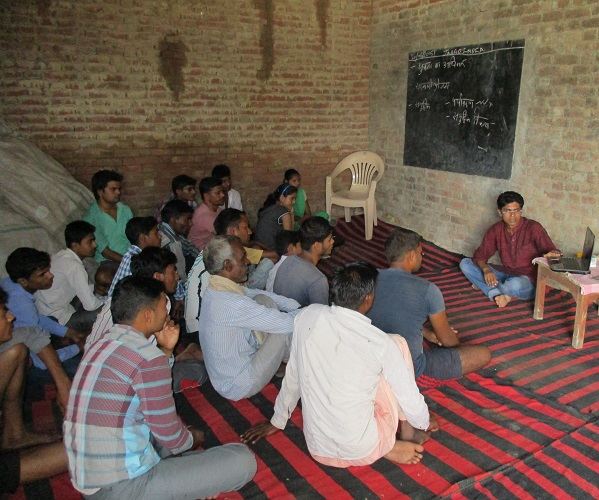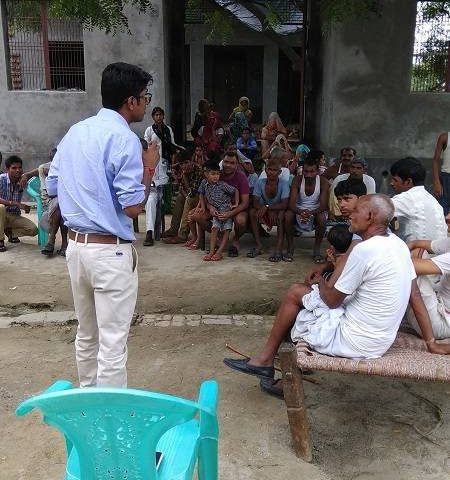Sustainable Agriculture
With increasing the food and fibre demands coupled with the degradation quality of freshwater because of the use of excessive chemicals (fertilizers & pesticides/insecticides), the repercussions are bound to be reflected on the farm and the agricultural products. It is therefore imperative to design a farming system which is environmentally sustainable. Millions of farmers in India have rejected chemical pesticides as part of a growing movement that favours natural alternatives. Non-pesticide management is a sustainable approach to pest control operating on the theory that an infestation of one type of insect indicates a disturbance somewhere in the environment. Getting to the root of the problem instead of treating the symptoms can both balance the insect population and improve crop health overall.

Indian farmers and its agro based practises are suffering due to many reasons such as:
- Lack of migrant/ contractual labour to work on farm
- Lack of technical methods of farming
- Costlier means of agriculture
- Not getting appropriate cost for the crops sold in the market
- Deteriorating condition of the farm due to excessive usage of insecticides and pesticides in the land
Keeping under consideration the above mentioned problems faced by the farmers’ Indian government has targeted to double the income of the farmers. As a result, they have decided to implement various schemes and policies related to benefit the farmers of India which would broadly focus upon group of farmers and big farmers with bigger land in area.
Here our organization’s play a vital role by being a bridge and fulfilling the gaps. Hindustan Talks focus on creating farmers association/ groups, encourage and guide women farmers/ labourers, encourage young farmers and introduce them to new and environment friendly methods and techniques of farming, organizing and marketing along with bridging the gap between the government and farmers and bringing them to the mainstream farming practices in which all type of farmers are able to take part such as young farmers, women, big and small farmers etc.
Our Interventions
Objectives

- To increase farmer’s economic income
- To promote woman farmers
- To decrease the cost of farming
- To resolve the labour problems in agriculture
- To promote farmer health and sustainable environment
- To reduce the use of pesticides in agriculture
- To promote a healthy lifestyle among farmers
